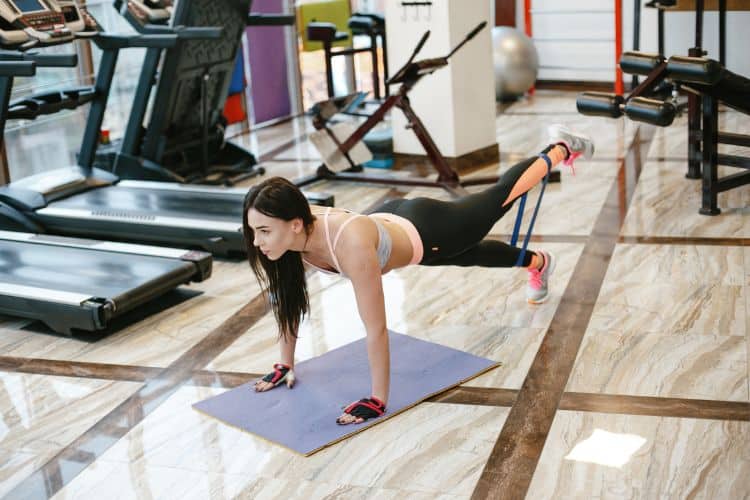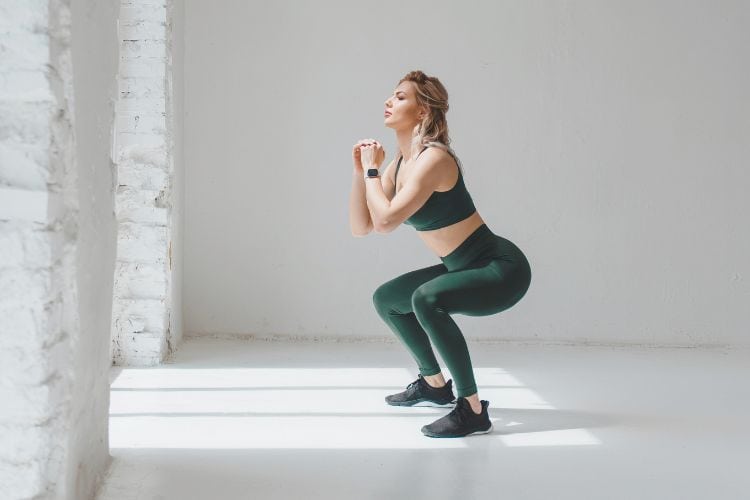Sign up for workout ideas, training advice, reviews of the latest gear and more.






There’s a powerful, universal mantra that’s withstood the test of time – ‘Health is Wealth’. Now, more than ever, this timeless wisdom resonates loudly as we navigate through a world increasingly conscious about wellness. A robust keystone to this wellness architecture is the habit of regular exercise, an incredible catalyst promoting comprehensive health benefits.
Regular exercise is not just about staying physically fit or achieving an aesthetic appeal. Its significance stretches far beyond, positively impacting our mental, emotional, and social health. Incorporating regular exercise into our daily routine is a commitment to our wellbeing, an investment that pays off in health dividends.
Starting with the physical advantages, regular exercise is the elixir that aids in maintaining optimal body weight. It increases metabolic rates, thus reducing the risk of obesity, a growing global health concern. Exercise also enhances muscle strength, flexibility, and endurance, enabling us to perform our day-to-day tasks more efficiently.
Regular exercise improves cardiovascular health by reducing the risk of heart disease, hypertension, and stroke. It helps manage cholesterol levels, keeping the undesirable LDL (Low-Density Lipoprotein) cholesterol at bay. It’s like a natural pharmacy that our bodies can access for heart-healthy ingredients.
Bone health is another significant beneficiary of regular exercise. Weight-bearing exercises, such as running or strength training, enhance bone density and minimize the risk of osteoporosis as we age. Regular exercise also bolsters the body’s resistance to diseases, including type-2 diabetes and certain types of cancer.
The benefits of regular exercise transcend the physical realm, profoundly impacting our mental and emotional wellbeing. Exercise releases endorphins, often referred to as ‘feel-good’ hormones. These biochemical messengers in our brains play a significant role in mood regulation, acting as natural anti-depressants.
Exercise also acts as a powerful stress buster. Be it the pressures from work, personal life, or even global events, an exercise routine can act as a safe vent to let off some steam. Moreover, it helps improve sleep quality, which is crucial for cognitive functions and overall mental health.
In the realm of cognitive health, regular physical activity aids in maintaining mental sharpness as we age. It can enhance memory and learning capabilities, reduce the risk of cognitive decline and dementia. In essence, exercise helps keep our minds as fit as our bodies.
Beyond individual health, regular exercise also cultivates social wellbeing. Joining a gym, attending a yoga class, or being part of a running group can foster a sense of community. Such social interactions can lead to improved communication skills, empathy, and a sense of belonging.
Moreover, for families, inculcating a culture of exercise can lead to quality bonding time. A bike ride in the park, a weekend hike, or simply a brisk evening walk can double as a platform for connection and communication, promoting a healthier family environment.
Having established the benefits, it’s important to remember that the best exercise routine is the one that suits you. The key is consistency, and that comes with enjoyment. Whether it’s yoga, swimming, cycling, dancing, or weightlifting, choose what you love. A regular routine doesn’t necessarily mean strenuous or long hours of workout. It’s about being active and engaged.
For those just starting their exercise journey, it’s advisable to begin with small steps. A 10-minute walk can gradually be increased to a 30-minute brisk walk or run. Seek professional advice if required, especially if you have pre-existing health conditions.
Furthermore, remember to compliment your regimen with a balanced diet, ample hydration, and adequate rest. These components work synergistically, amplifying the health benefits of exercise.
Embracing regular exercise as a way of life is essentially acknowledging our responsibility towards our health. It’s about tuning in with our bodies and listening to what it needs. The World Health Organization recommends at least 150 minutes of moderate-intensity or 75 minutes of vigorous-intensity physical activity per week. However, any activity is better than none.
Start today, even if it’s a few minutes, and gradually increase your time, intensity, and frequency. The journey towards health doesn’t have to be overwhelming. Small, consistent steps lead to significant health transformations over time.
Remember, your body is your most priceless possession, so take good care of it. Adopt regular exercise and pave your way towards a healthier, happier, and more vibrant life.
Stay up to date on the latest women’s health, fitness and lifestyle trends and tips.